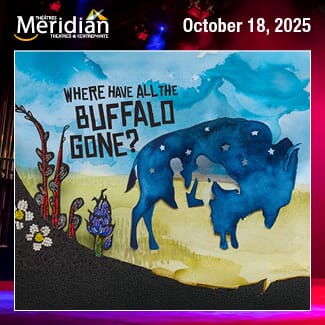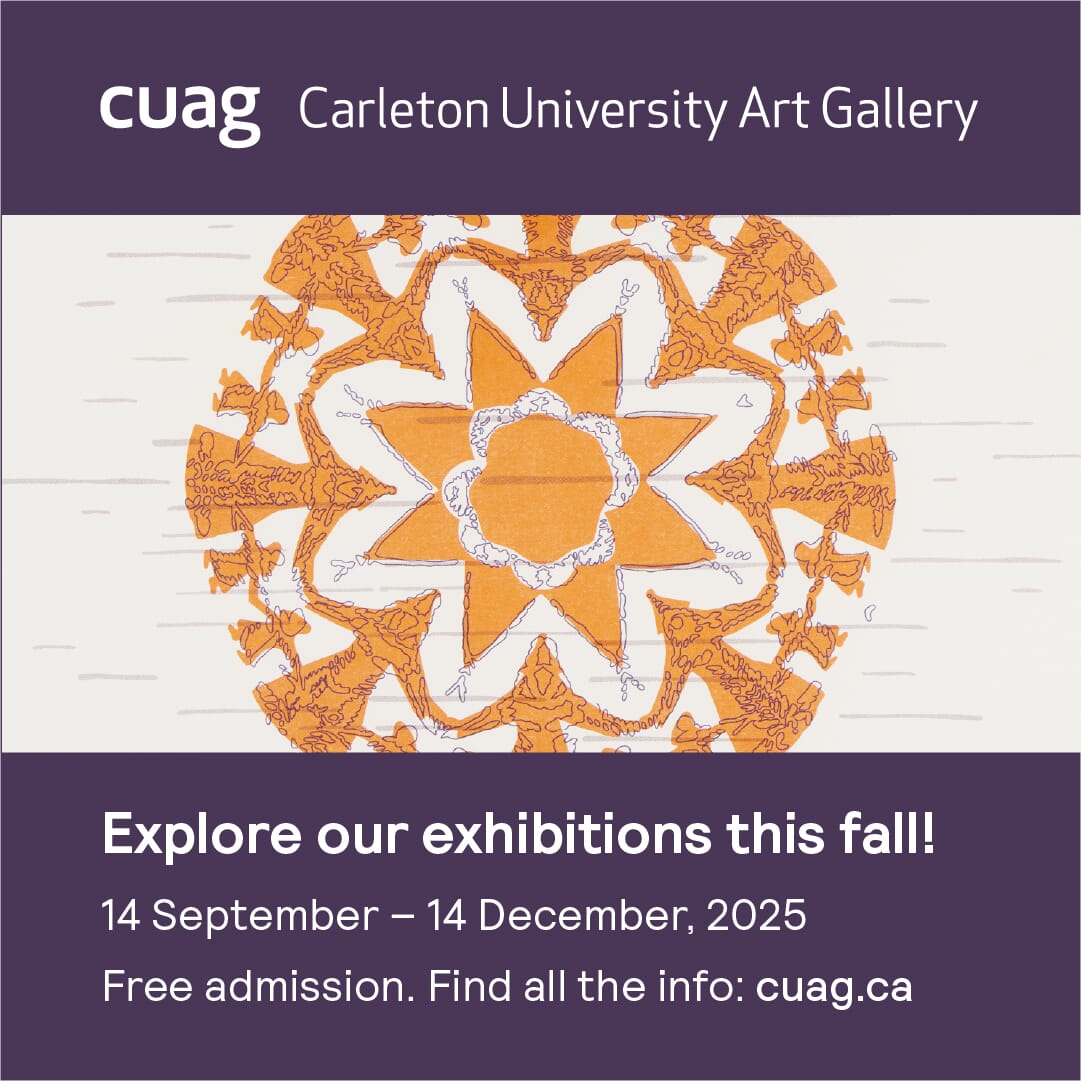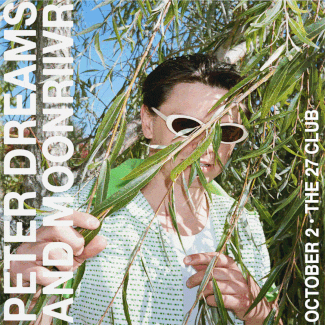We are giving away one pair of tickets to the Saturday, April 5, performance of Seeds at 7:30 pm. To enter, email apartment613@gmail.com by noon Thursday, April 3, with the subject line “Seeds NAC Contest”. We will randomly pick a winner after the Thursday noon deadline.
Seeds is a significant departure from the National Arts Centre’s usual dramatic offerings, as it is documentary theatre. Most of the dialogue is taken from court transcripts or interviews with the people involved in this story.
The 2005 award-winning play from Montreal’s Porte Parole company has recently been touring Canada. The playwright, Annabel Soutar, is represented by an actress on stage; she acts as our guide through the dense thicket of science and law that informs the subject of this play.
The story revolves around the long-running legal battle between agribusiness technology company Monsanto Canada and Saskatchewan farmer Percy Schmeiser. In 1998, Monsanto accused Schmeiser of patent infringement for growing its genetically modified canola without signing a technology use agreement (TUA) with them. The Monsanto TUA requires that a farmer pay Monsanto $15 an acre each year and refrains from using the seeds from one crop to plant the following year’s crop. Monsanto can audit (that is, inspect) the farm at any time up to three years after the farmer has stopped buying canola seeds from them.
The genetic modification makes canola resistant to Monsanto’s herbicide, Roundup, which means farmers can spray Roundup on their fields and it will kill all plants except this canola. Result: higher yields for the farmer and more profits for Monsanto.
Schmeiser lost two lower court battles and ultimately took his case to the Supreme Court where, in 2004, the Court ruled against him in a 5-4 split decision. The Supreme Court ruling was worldwide news, as it was seen as a ruling on whether a life form could be patented. Since then, various countries have allowed such patents to be granted. The Court did rule that Schmeiser didn’t have to pay Monsanto’s huge legal costs, as he had not profited from using their canola seeds.
And that’s where the use of GMO (genetically modified organisms) stands legally in Canada.
Going into this performance, I thought “This is a straightforward David and Goliath story. Feisty prairie farmer against big bad multinational, and they’ve even got Eric Peterson playing the farmer. What a good aura that actor has! After all, he’s played Billy Bishop (Billy Bishop Goes to War), Leon Robinovitch (Street Legal) and Oscar Leroy (Corner Gas).”
But Soutar’s play isn’t that simplistic.
The scales are tipped, emotionally, in Schmeiser’s favour in the play. Most of the people in his corner (his delightful wife, his earnest lawyer, several scientists) are appealing folks. Though the woman from the Council of Canadians comes across as a ridiculous ideologue.
Peterson is also charming – a bit like his down-to-earth Corner Gas character in the first half of the play, then eloquent in the second half when he’s become a speaker on the worldwide ecology speaking circuit. One of his speeches even elicited a smattering of spontaneous applause from opening night’s audience.
But there are some holes and evasions in Schmeiser’s story, and his speeches, while rhetorically rousing, are a bit shy of scientific substance.
The Monsanto side of the story is less nuanced. Their characters are sometimes shrill and bombastic (especially the company’s director of industry and public affairs), and occasionally caught in a manipulation of the truth.
But it’s also clear that the science about the effects of GMO is, as yet, inconclusive. Moreover, the vast majority of Canadian canola farmers have bought into GMO and are benefiting financially from it.
One scientist made a statement that stuck with me. “Science is 20 years behind technology.” We’ve known for decades how to genetically modify life forms – the technology of GMO. But we don’t know what the unintended consequences of these modifications are – the science.
Another thing that struck me was said by a slick Ottawa biotech lawyer. He said that the selection of what you say influences the perception of truth. Is Soutar including this to comment on her own documentary play? Perhaps it’s the playwright’s apologia to her audience.
The cast is uniformly excellent, with each character clearly delineated. The multi-media presentation works really well – it informs without being distracting. Even the breaking of the fourth wall with actors’ forays into the audience supports the play (though at times it’s a bit hokey).
But what I liked best about this play was that afterwards every audience member walks out wanting to talk further about what they’ve just seen, and maybe, just maybe, the audience has become more informed about this complex topic and wants to learn more.
Soutar has said, “A lot of policy makers and politicians and corporations kind of hope that no one cares about the details, because that’s where the devil is. But if we don’t acquaint ourselves with details we won’t understand what’s going on.” Right!
I rather hope the current and retired Supreme Court justices see this play. It would be fascinating to hear their reactions. Though I’m not sure they can comment on one of their own rulings.
Memo to other regional theatres: Make haste and arrange for theatre Porte Parole to bring this production to your cities.
Seeds plays at the National Arts Centre until April 12. Tickets start at $23.

















